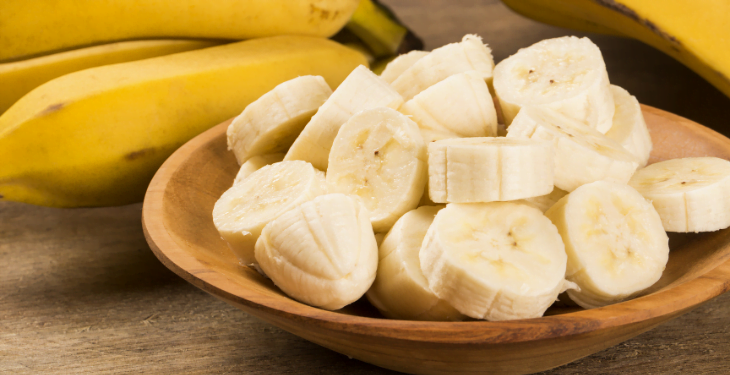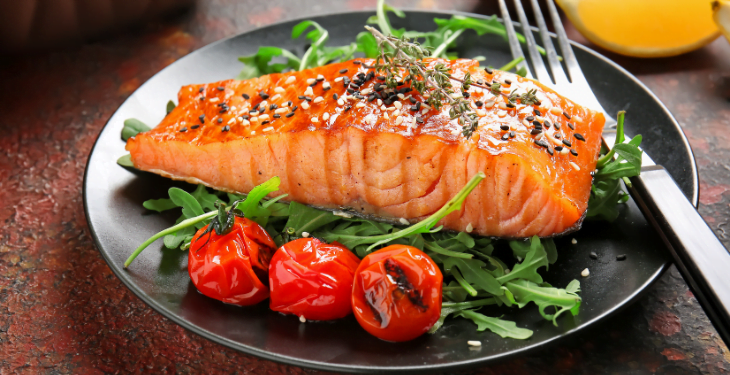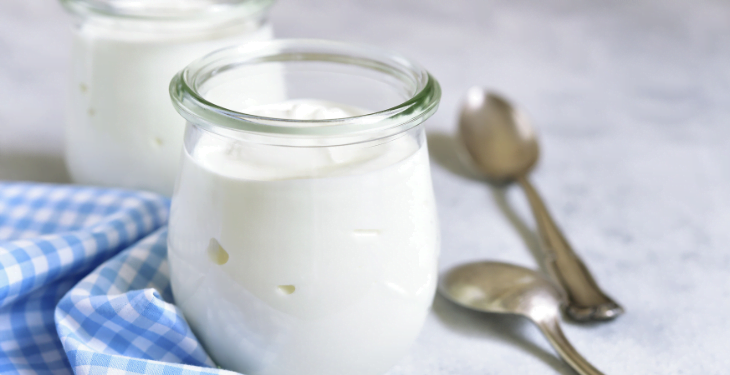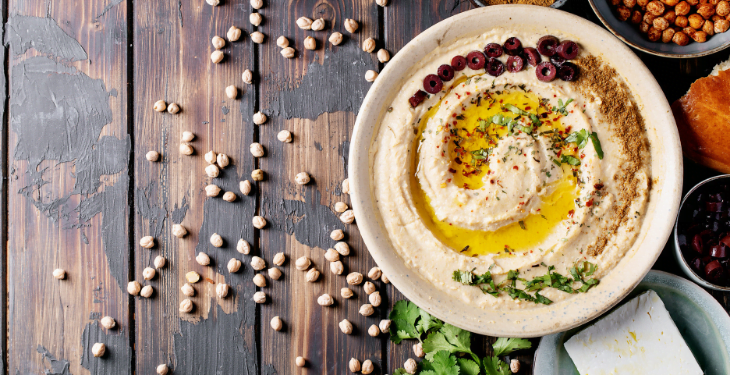10 Best Foods for an Energy Boost
Are you feeling low on energy? No, you don’t need to double or triple your daily caffeine intake, but rather reevaluate your eating habits. The type and amount of food you eat play essential roles in the well-being and productivity you need to carry out your daily activities. While all foods give you energy, some foods contain nutrients that can help you stay alert and focused throughout the day.
If you can barely keep your eyes open during working hours or getting through the afternoon seems like a challenge, it’s time to change your diet.
Foods rich in protein and complex carbohydrates are the best choices that can provide you with energy throughout the day. The goal is to maintain stable blood sugar, optimal weight and avoid moments when you feel hungry and lack energy.
Bananas

Bananas take a leading place on the “podium” of foods that can provide you with the energy you need. They are an excellent source of complex carbohydrates, potassium and vitamin B6. Even though bananas are a natural source of sugar, they are also high in fiber which helps slow down the digestion of that sugar.
Avocado
Because of all the benefits it brings to human consumption, avocado is considered a superfood. It is rich in healthy fats, fiber, vitamins D, E, C, K, as well as those in the B complex. About 84% of the healthy fats in avocados come from monounsaturated and polyunsaturated fatty acids. Researchers have shown that these substances maintain blood fats at an optimal level and increase the absorption of nutrients. They can also be stored in the body and used as energy sources. In addition, American researchers from Nutrition Science Solutions found that avocado fiber has 80% carbohydrates. They, in turn, can help maintain energy levels.
Goji
These fruits contain vitamins, minerals and fiber. Numerous international researchers suggest that goji berry juice could provide antioxidant protection. A 28 grams serving of fruit gives you 2 grams of fiber. These could help slow down digestion and slow the release of energy. Goji berries can be mixed into yogurt, smoothies, cakes, sauces, purees or eaten as is.
Beet
Researchers at the Federal University of Rio de Janeiro found that beets can provide the body with an excellent source of antioxidants and nutrients that help improve blood flow and energy production. You can consume it in the form of chips (baked), purees, juices or soups. It can also be eaten raw or cooked, in the form of a salad.
Fatty fish

Fatty fish, such as salmon and tuna, are very good sources of protein, fatty acids and B vitamins. Just one serving gives you the recommended daily amount of omega-3 fatty acids and vitamin B12. Researchers at the University of Rome found in a study that omega-3 fatty acids reduce inflammation, a common cause of fatigue. At the same time, researchers from the National Cancer Institute suggest that taking omega-3 supplements could reduce fatigue, especially in cancer patients and those recovering from that disease.
Water
When you think of foods that give you energy, water is almost certainly not the first thing that comes to mind. But regardless of how insignificant the recommendation may seem, do not lose sight of the fact that water is involved in many cellular functions, including energy production. Deprivation of water leads to dehydration, which can slow down bodily functions, leaving you feeling tired.
Yogurt

According to researchers from the U.S. Department of Agriculture, natural yogurt is rich in proteins, fats and carbohydrates that provide energy. It’s easy to eat at the office or on the go, making it the perfect alternative to the snacks you’re used to buying from vending machines.
Apples
Did you know that apples are also a good source of energy? A medium-sized apple (100 grams) contains about 14 grams of carbohydrates, 10 grams of sugar and up to 2.1 grams of fiber. Due to the rich natural sugar and fiber content, eating these fruits can provide a slow and sustained release of energy. In addition, apples are rich in antioxidants. Research shows that antioxidants can slow down the digestion of carbohydrates so that they release energy over a longer period of time.
Hummus

The chickpeas in hummus are a source of fiber and complex carbohydrates that your body can use for energy production. In addition, the tahini (sesame seed paste) contains healthy fats. These ingredients are also helpful in slowing the absorption of carbohydrates, which helps you avoid high blood sugar levels.
Lentils
Apart from being an excellent and inexpensive source of protein, lentils are a good source of nutrients and help boost energy levels. This is a legume rich in carbohydrates and fiber. Specifically, one cup of cooked lentils provides you with up to 36 grams of carbohydrates and about 14 grams of fiber. It can boost your energy levels by replenishing your stores of folate, manganese, zinc and iron. These nutrients help produce cellular energy and break down nutrients. Other foods that can give you energy throughout the day: eggs, beef liver, spinach, kale, popcorn, nuts, green tea, dark chocolate, beans, chia seeds, pumpkin seeds, strawberries, oranges, edamame, whole oats, quinoa, sweet potatoes, brown rice, blueberries, blackberries, soy, peanut butter, etc.






